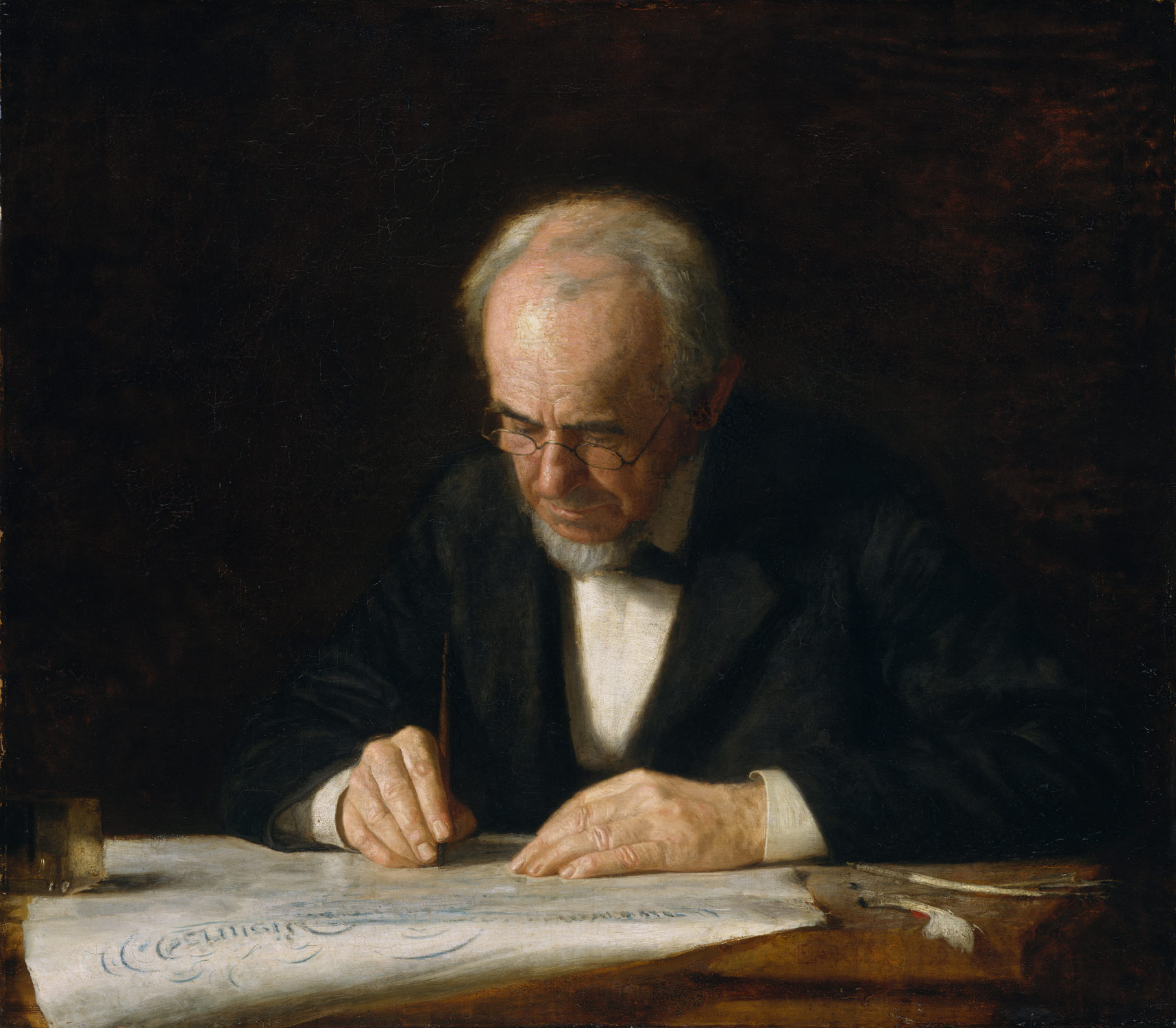Thesis writing… We all have to face it at some point, and whether we dread it or can’t wait for it, we all are caught by surprise at some point. A 6-month-long conversation on theses, based on true events; and all with a cynic’s advice to boot.
The constant struggle between denial and fear of failing
No one knows what they are doing for the first two weeks (or months). No one. Despite our inspiring ideas on changing the world/agricultural systems/way we look at a subculture, when translating it to a research proposal we stare at our screen and wonder “what am I even trying to say?”. By the time the proposal is finished you have long since forgotten. A crucial piece of advice: find a good supervisor, that knows your topic and that is on the same wavelength concerning supervision practices. Do you want weekly meetings, or do you see each other at the defense?
Presenting your proposal in a comprehensive way
If the proposal is finished, the time has come to present it to your peers. You will have a compelling sto- ry and a clear research gap, and they will provide you with new insights and clever feedback. In theory. However, once the time has come, you are buried so deep in theory that you just talk randomly during your presentation until your time is up. Your peers will applaud semi-enthusiastically and say something positive about the make-up of your slides.
Finding your place in the scientific world
It is important that, while writing your thesis, you do not only learn handy skills on doing fieldwork and how to receive Wi-Fi in a faraway place, but also reflect on your place in the scientific world. The timeline on this is a bit off. In the first three quarters of the process this question will probably scare the daisies out of you. However, keep calm and trust that in the end, it will all become clear to you. Or not, in which case it’s probably best to kick a scientific career off your list.
In a land far, far away…
Once you have some idea of what you will be doing, it is important that you pick the right research site for this; in order to get relevant results and a sensible answer to your research question, of course. Many, though, take it as a chance to escape the Dutch cold, taste the beer on the other side of the world and get that perfect instatravel-pic. Okay, flying to the other side of the world is not too sustainable, but it is all for a good cause. You just cannot put a price to academic development, right?
Designing your research
A word of caution: this time, you are on your own. You have followed all the methodology courses: now it is up to you to think of everything.
Starting Fieldwork
Again, dreams and reality often seem to clash here. When you dream about wonderful times at the other side of the world, this fantasy usually takes place once you are all settled in and surrounded by beautiful international friends. Uh-uh. When you arrive, you will lie on your bed, in a country you do not know and with people you do not understand. Staring at your ceiling, you will wonder why you wanted to do this in the first place. But trust that when the weeks pass, talking to people, trying to understand the reality of your research topic, sitting under the stars with a beer in your hand, you will remember why.
The circle of (thesis) life
When coming back, don not expect that you will just carry out your research plan and be done with it. Or that anything you have thought of, from research question to the participants, will have turned out the way that you expected.
The final sprint
Where so much still has to be done. And no one will be able to reach you or have a sensible conversation with you.
The moment you thought would never come
But it will! Have faith. Keep on typing. And on one day, just like that, it will be done. You can do it!

